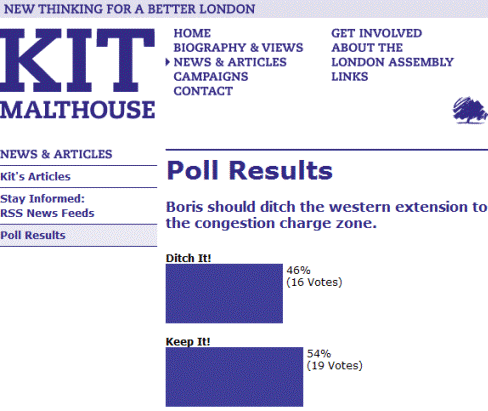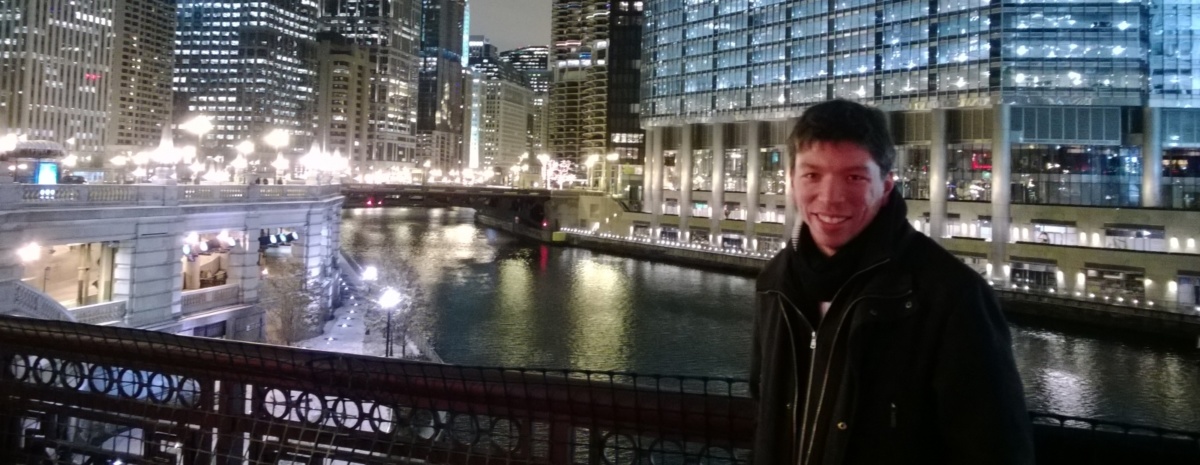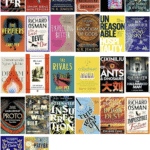
Secretary of Defense Worldwide Intelligence Update (credit: GQ)
Via Daylight Atheism and corroborated by the BBC, I just wanted to share the news that high level briefings circulated in George W. Bush’s administration during the beginning of the Iraq war were emblazoned with Bible quotations.
I won’t even bother with the rest of the spiel, because we all know the litany of excuses. Religion isn’t meant to be mixed with politics, check. Christianity teaches peace and love, check. People need faith, check. Churches are pretty, check check check. And just look at all the good it inspires!
But these people just don’t get it. The point is not whether faith inspires good or bad, or whether it makes you feel all nice and fluffy, the point is that faith itself is fundamentally broken. Yes, you can use faith to justify the most wonderful things in the world, but that’s because you can use faith to justify absolutely anything at all. Faith is simply belief that is impervious to evidence, and only evidence can anchor belief in the real world. And to use faith – even for good – is to perpetuate the myth that faith itself is an intrinsically good thing and worthy of respect. And then stuff like this happens.
Here’s a fun game: George W. Bush believes that the invasion of Iraq was carried out with the blessing of God, humanity’s divine creator. Is he right or wrong? And if you too believe as an act of faith that God is humanity’s divine creator, and that he has active plans for humanity, what possible intellectual tools do you have to argue that George W. Bush is incorrect? He has access to the same sense of faith as you. He feels that God is with him as much as you do. He can quote scripture as easily as you can. (Hey, he probably even thinks that churches are really pretty, too.) So, go on, genuinely, try arguing without being able to resort to the much-sneered-at concept of ‘evidence’ and see where it gets you.
Or think again.

One way of looking at it
At least that’s one page hacked by the readership rather than an outside agency, eh Kit?
Spookily, the BBC have done a big feature on ‘community’ a day or so after Sanna raised the issue on her blog and prompted much discussion. Off the back of this Lucy notes that she’s now from the North. But I want to expression confusion at the central premise behind all this, as summarised by the BBC’s Mark Easton:
In particular, the study focuses on the concept of “anomie”, a measure of people’s sense of – or lack of – belonging to where they live.
So?
Perhaps we’re forgetting that ‘belonging’ to a geographical location is just as imagined a community as any other. Perhaps it would be possible, theoretically, to actually know and interact with everyone on your street or in your small village. But there’s no way this can be plausibly extended to even fairly small regions: I may feel I ‘belong’ to Willesden, Brent or London, but it’s just that: a feeling within me. And whilst it’s probably obvious to most people that we need to feel we ‘belong’ to some sort of community – or communities – why does it need to be geographic?
In fact, I would argue that to place the focus on geography is profoundly limiting. Not only does it creates needless tension against immigration but – ultimately – isn’t it lonelier to be restricted to a far smaller pool of people in which to find others who share interests, outlooks and activities? Transport, urbanisation and communication – especially online – provide the tools to overcome the harsh limits of geography whilst providing for all-important real world interaction. Does this mean that people and families are less committed to their immediate neighbourhoods leading to a suffering in community life, as Easton suggests? Well only if you equate ‘immediate neighbourhoods’ with ‘community life’ it does. But if the evidence is that immediate neighbourhoods are less important to people than previously then why is this such a problem?
(Incidentally, if you’re looking for causes as to why this is supposedly* happening, may I draw you away from the wild conspiracies floating around and – for once – suggest that class is actually a pretty relevant factor. Research suggests that the middle class tends to maintain a more diverse range of close contacts from different areas of life – school, university, work, random-guy-I-met-online and so on – and it’s hardly news to suggest that recent decades have seen a big expansion of the middle class.)
*I say ‘supposedly’ because you could probably have written this story at any point over the past couple of centuries.
Woohoo! ![]()
What follows is a quick-and-nasty compilation of our election night. Ah, so very happy…

Hilarious.
Money Out…
Over £17 million (and counting) – scrapping Venezuelan oil deal.
Over £100 million (estimated) – designing and implementing a replacement for high-capacity bendy buses with lower capacity buses.
£30 – £60 million – protecting the worst polluting cars from a £25 congestion charge.
£400,000 – paying off Porsche for the privilege of doing so.
£465,000 – a ‘transition team’.
…and Money In (from your fares)
Bus fares up from 90p to £1, with the daily cap rising from £3 to £3.30. (More expensive than Birmingham.) An on-peak Tube journey in Zone 1 up from £1.50 to £1.60, and £2.00 to £2.20 in Zones 1 and 2. There is some good news: the off-peak period on the Tube is expanded to include the time between 9.30 and 16.00, and he’s reintroducing the half-price bus travel scheme for those on Income Support which he originally scrapped. But essentially, under Boris you’re a winner if you drive a Porsche, work for Boris or make buses for nostalgics. (Hint: if you’re not one of those, you’re probably a loser.)







